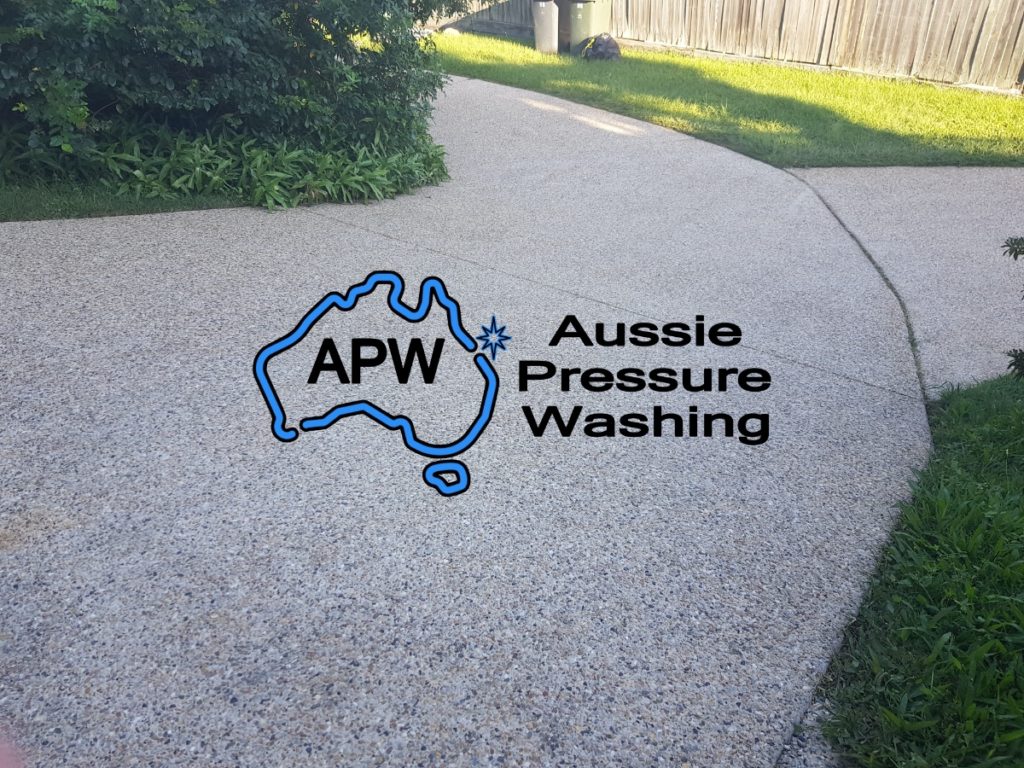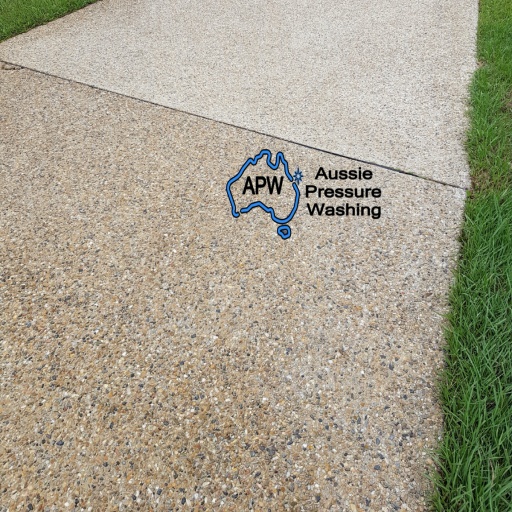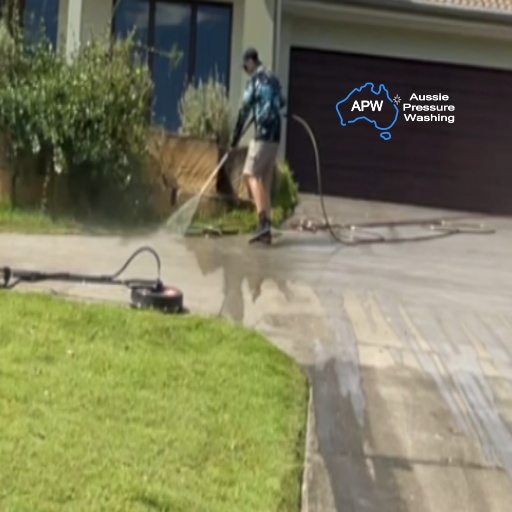
How To Clean Exposed Aggregate Concrete
Exposed aggregate concrete is popular because of its aesthetically good looks and sturdiness. Aggregate concrete slabs are increasingly used in the garden for sidewalks, benches, or terraces. Anchored firmly in the gravel bed, the exposed aggregate concrete looks great while also being slip-resistant. But only until the dirt and mildew, and algae or the like, spread. Now and then, the concrete needs to be cleaned to keep them visually appealing. The following article reveals how this works.
Why do exposed aggregate concrete slabs need to be cleaned?
Exposed aggregate concrete slabs have an uneven surface. This is particularly vulnerable to nasty dirt and grime. Because organic growth grows easily in cracks and cavities. Over time, this diminishes the appearance of the path, terrace, and driveway space.
Also, unwanted deposits can make the surface smooth and slippery – mildew and algae growth is significantly dangerous here, especially on paths. The longer the organic growth settles, the harder it is to remove. Therefore, exposed aggregate concrete slabs should be cleaned at least once annually.
This is what it takes to clean exposed aggregate concrete slabs!
The owner of the exposed aggregate concrete slab must decide whether to tackle the mould, mildew, dirt, and grime with manual or mechanical force. The first requires muscular strength, endurance, and good pushing behavior. Cleaning becomes easier if a high-pressure washer is available. But there are a few things to consider.
Tools:
Broom (hard bristles)
Broom (soft bristles)
Steel brush
Scrubber
Optional high-pressure washing and surface cleaning.
When it comes to cleaning agents, one principle applies to exposed aggregate concrete slabs: Do not use aggressive cleaning products.
However, if persistent dirt has set in, chemical-free cleaning is not always possible. A special stone cleaning agent can help here. That must be acidic. However, care is always needed when using them – nearby plants and vegetation can easily be damaged. Those who scrub more often need fewer chemicals.
If you want to dispense with the chemistry entirely, you should first try a home remedy. A little cleaning vinegar in water can work wonders.
If you’ve never used a pressure washer, you may want to hire a professional who knows exactly how to clean aggregate concrete surfaces (or other surface types) without doing damage.


